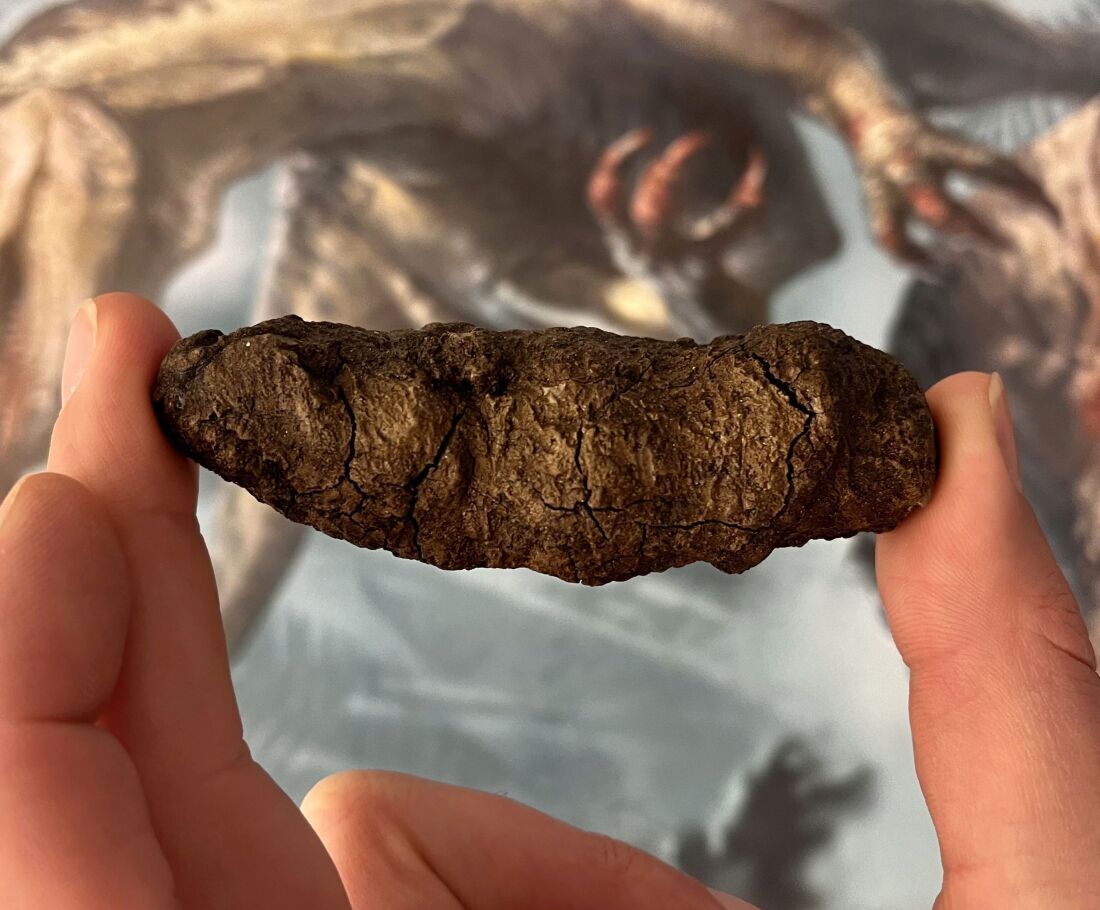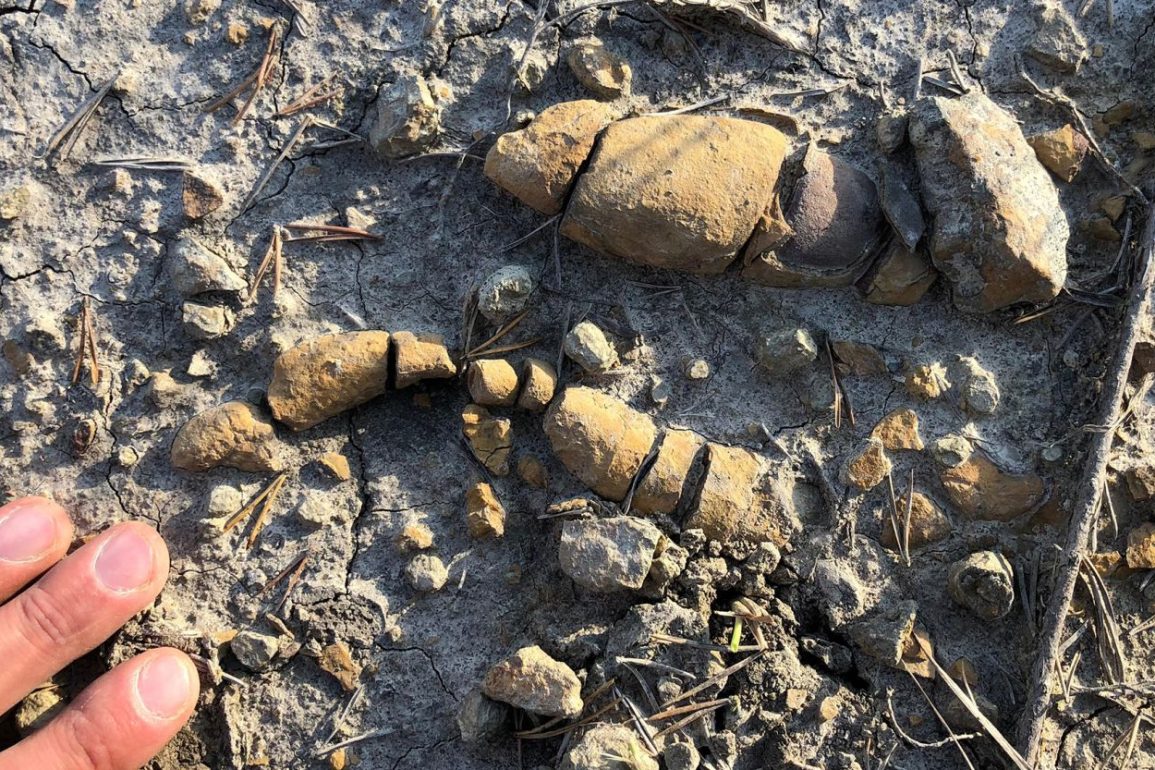Dinosaurs began as relatively insignificant creatures approximately 230 million years ago on a supercontinent teeming with ancient reptiles. Over the next 30 million years, they evolved into the dominant life forms on Earth, diversifying into a wide range of sizes, shapes, and diets while many of their reptilian contemporaries vanished.
Scientists have long debated the reasons behind this evolutionary success. Recent research into fossilized dinosaur droppings, known as bromalites, offers compelling insights into how dinosaurs rose to prominence during this period of dramatic ecological shifts.
A team led by paleontologist Martin Qvarnström investigated bromalites, a category of fossils that includes dinosaur feces (coprolites) and vomit (regurgitalites). Though historically overlooked, these fossils hold valuable information about ancient ecosystems and the diets of extinct species. Over 25 years, researchers collected and studied more than 500 bromalite fossils from the Polish Basin, an area in southern Poland.
These fossils span a crucial period from the Late Triassic to the early Jurassic, roughly 247 to 200 million years ago. The team observed that the size and variety of bromalites increased over time, reflecting the emergence of larger and more diverse animal species.
The analysis involved identifying the producers of these bromalites by studying their shape and internal structure. In some cases, the fossils’ external features hinted at specific digestive anatomies, such as spiral-shaped coprolites linked to spiral guts. For more detailed examination, researchers used advanced 3D scanning technology at the European Synchrotron Radiation Facility in France.
These high-resolution scans revealed the contents of the bromalites, including remains of fish, insects, plants, and occasionally bones crushed by predators. Some fossils contained remarkably preserved specimens, like tiny beetles and partially intact fish, offering vivid glimpses into ancient diets.

By connecting the bromalites with skeletal fossils and footprints from the same sites, the researchers reconstructed changes in ecosystems over time. Their findings suggest that early dinosaurs passed through five evolutionary phases, transitioning from omnivorous ancestors to specialized herbivorous and carnivorous forms.
The diversity of plant life increased during periods of heightened volcanic activity, supporting the evolution of large herbivorous dinosaurs. This, in turn, enabled the emergence of the iconic giant carnivores of the Jurassic Period. Together, these developments explain how dinosaurs rose to dominance in the ecosystems of 200 million years ago.
The study also sheds light on why dinosaurs succeeded while other reptiles perished. Two main theories had previously been proposed: that dinosaurs outcompeted their rivals through physical advantages, such as an upright stance and agility, or that they adapted better to climate changes at the end of the Triassic.
This research suggests a combination of both factors, with dinosaurs benefiting from a flexible diet and an ability to exploit new food sources. Bromalites revealed that some species, like the plant-eating dicynodonts, had restricted diets and eventually vanished, while dinosaurs thrived by consuming a wide variety of plants, including toxic ferns they could detoxify with charcoal.
The findings highlight how adaptability and dietary versatility underpinned the dinosaurs’ long reign, which lasted until their extinction 66 million years ago. The research provides a fresh perspective on the interplay between evolutionary innovation and environmental change.
Grzegorz Niedźwiedzki, the study’s senior author, emphasized the relevance of these insights for understanding resilience, humorously summing it up as a lesson in survival: “Eat your veggies and live longer.” This groundbreaking work opens the door for similar studies in other regions, offering the potential for a more comprehensive global picture of dinosaur evolution.

